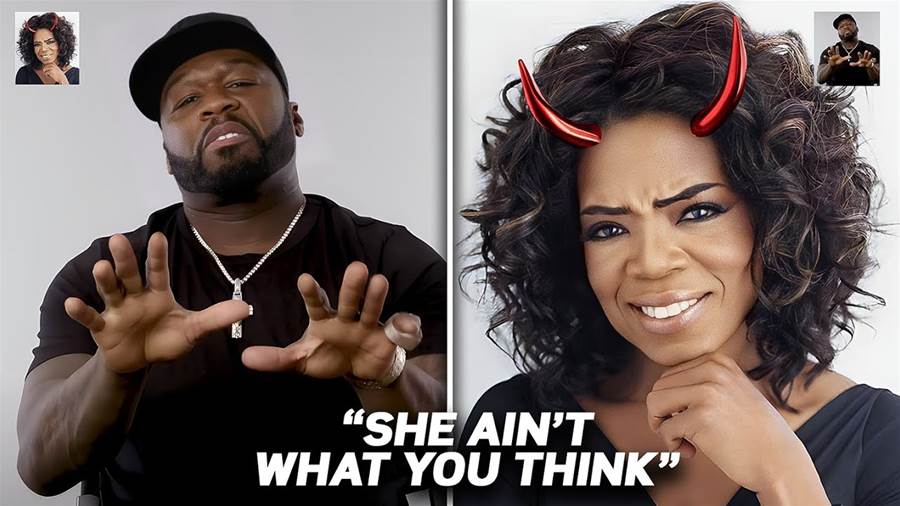
In a recent controversy, rapper 50 Cent has criticized Oprah Winfrey for allegedly exploiting black actors. The dispute stems from Winfrey's involvement in a documentary series focusing on the experiences of black women in America. 50 Cent took to Instagram to express his discontent, accusing Winfrey of only highlighting negative aspects and perpetuating stereotypes.
The rapper posted a picture of Winfrey with the caption, "I don't understand why Oprah is going after black men.
50 Cent's remarks were fueled by the inclusion of Jackson and Simmons in the documentary, both of whom have faced sexual misconduct allegations.
The article is not finished. Click on the next page to continue.








